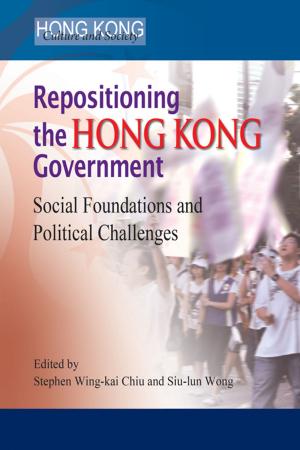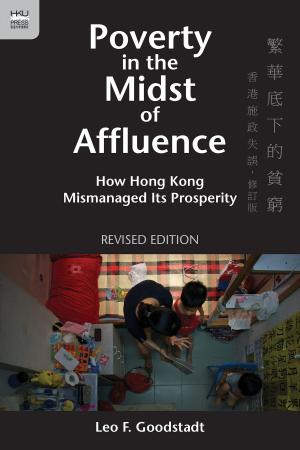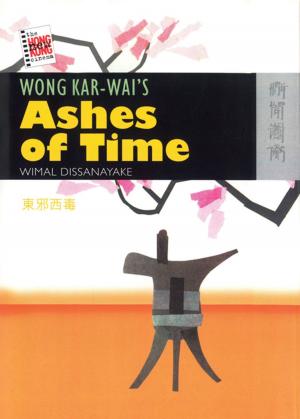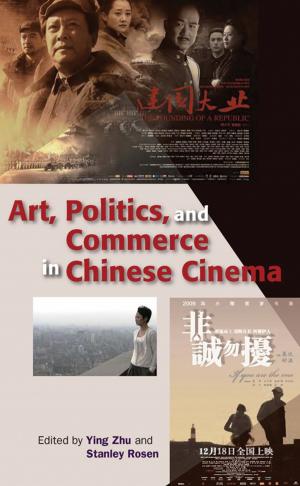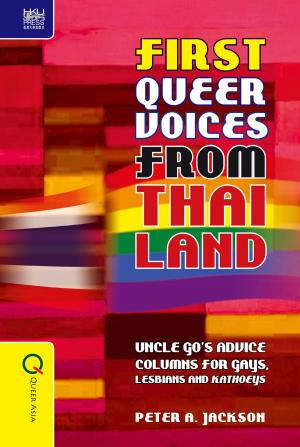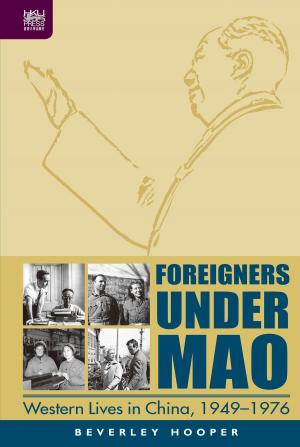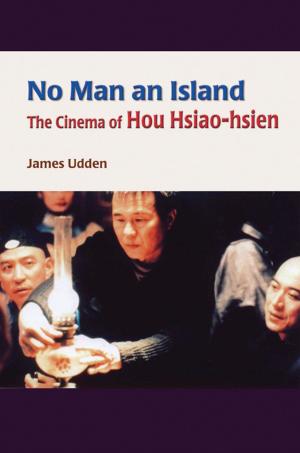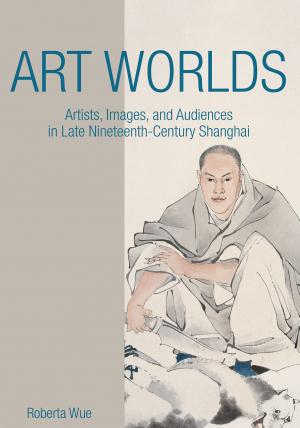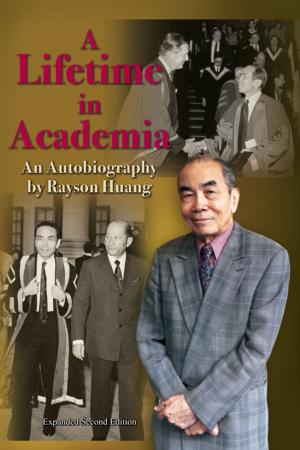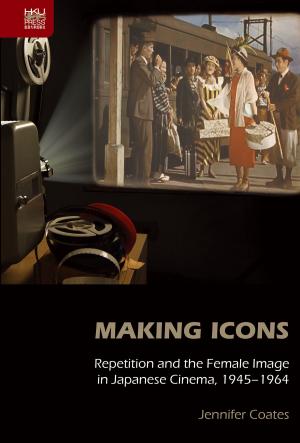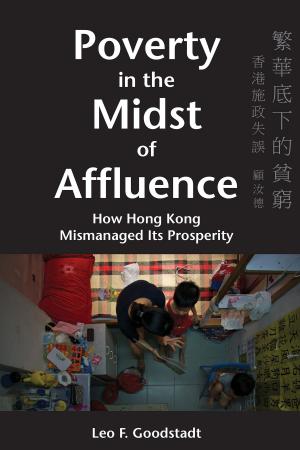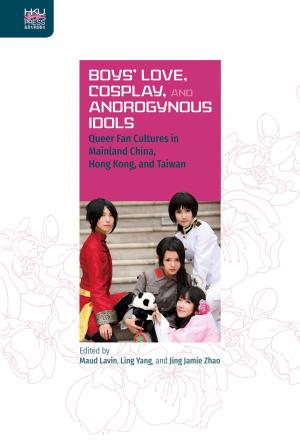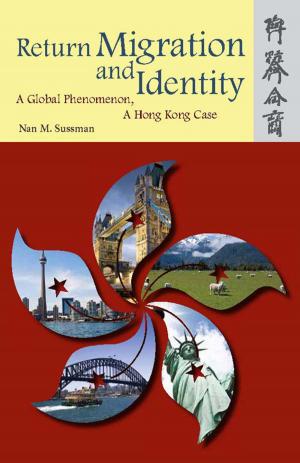The Cosmopolitan Dream
Transnational Chinese Masculinities in a Global Age
Nonfiction, Social & Cultural Studies, Social Science, Gender Studies| Author: | ISBN: | 9789888455485 | |
| Publisher: | Hong Kong University Press | Publication: | September 6, 2018 |
| Imprint: | Hong Kong University Press | Language: | English |
| Author: | |
| ISBN: | 9789888455485 |
| Publisher: | Hong Kong University Press |
| Publication: | September 6, 2018 |
| Imprint: | Hong Kong University Press |
| Language: | English |
The Cosmopolitan Dream presents the broad patterns in the transformations of mainland Chinese masculinity over recent years, covering both representations (in film, fiction, and on television) and the lived experiences of Chinese men on four continents. Exposure to transnational influences has made Chinese notions of masculinity more cosmopolitan than ever before, yet the configurations of these hybrid masculinities retain the imprint of Chinese historical models. With the increasing interconnectivity of markets around the world, the hegemonic mode of manhood is now a highly mobile transnational business form of masculinity. However, the fusion of this kind of cosmopolitanism with Chinese characteristics has not diminished the conventional class and gender privileges for educated men. On the other hand, the traditionally prized intellectual masculinity in Chinese culture, which did not hold commerce in high regard, has reconciled with today’s business values. Together these factors shape the outlook of the contemporary generation of Chinese elites. At the same time globalization has increased the cross-country mobility of blue-collar Chinese men, who may possess a masculine ideal that is different from their white-collar counterparts. Therefore it is important to examine various types of masculinity with the recent, reform-era mainland Chinese migration. The migrant man—whether he is a worker, student, pop idol, or writer (all cases studied in this volume)—could face challenges to his masculinity based on his race, class, intimate partners, or fatherhood. The strategies adopted by the Chinese men to reinvent their masculine identities in these stories offer much insight into the complex connections between masculinity and the rapid socioeconomic developments of postsocialist China.
Derek Hird is a senior lecturer in Chinese studies at Lancaster University, UK. Geng Song is an associate professor in the School of Chinese at the University of Hong Kong. They edit the “Transnational Asian Masculinities” book series for Hong Kong University Press.
The Cosmopolitan Dream presents the broad patterns in the transformations of mainland Chinese masculinity over recent years, covering both representations (in film, fiction, and on television) and the lived experiences of Chinese men on four continents. Exposure to transnational influences has made Chinese notions of masculinity more cosmopolitan than ever before, yet the configurations of these hybrid masculinities retain the imprint of Chinese historical models. With the increasing interconnectivity of markets around the world, the hegemonic mode of manhood is now a highly mobile transnational business form of masculinity. However, the fusion of this kind of cosmopolitanism with Chinese characteristics has not diminished the conventional class and gender privileges for educated men. On the other hand, the traditionally prized intellectual masculinity in Chinese culture, which did not hold commerce in high regard, has reconciled with today’s business values. Together these factors shape the outlook of the contemporary generation of Chinese elites. At the same time globalization has increased the cross-country mobility of blue-collar Chinese men, who may possess a masculine ideal that is different from their white-collar counterparts. Therefore it is important to examine various types of masculinity with the recent, reform-era mainland Chinese migration. The migrant man—whether he is a worker, student, pop idol, or writer (all cases studied in this volume)—could face challenges to his masculinity based on his race, class, intimate partners, or fatherhood. The strategies adopted by the Chinese men to reinvent their masculine identities in these stories offer much insight into the complex connections between masculinity and the rapid socioeconomic developments of postsocialist China.
Derek Hird is a senior lecturer in Chinese studies at Lancaster University, UK. Geng Song is an associate professor in the School of Chinese at the University of Hong Kong. They edit the “Transnational Asian Masculinities” book series for Hong Kong University Press.


